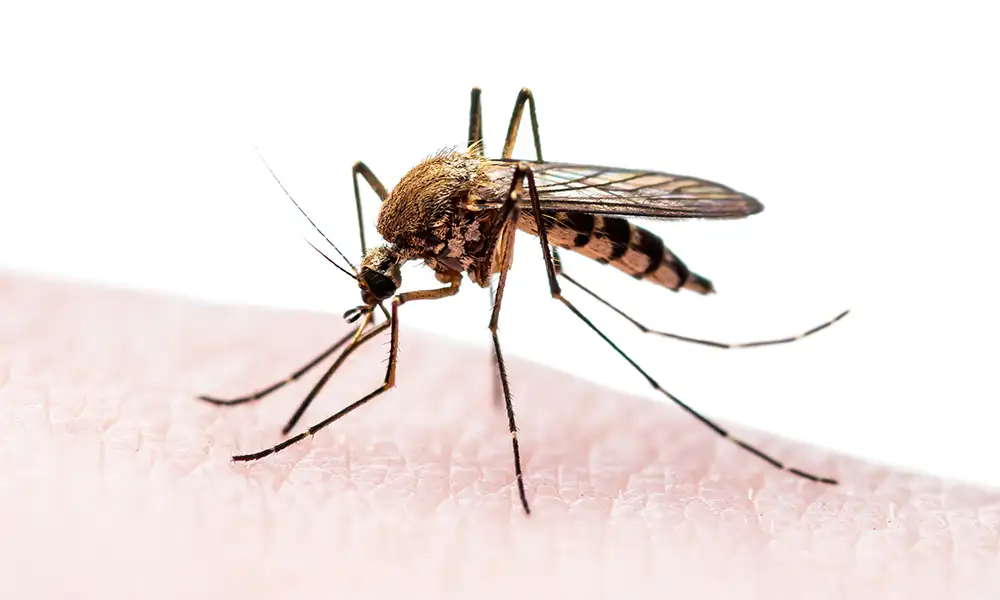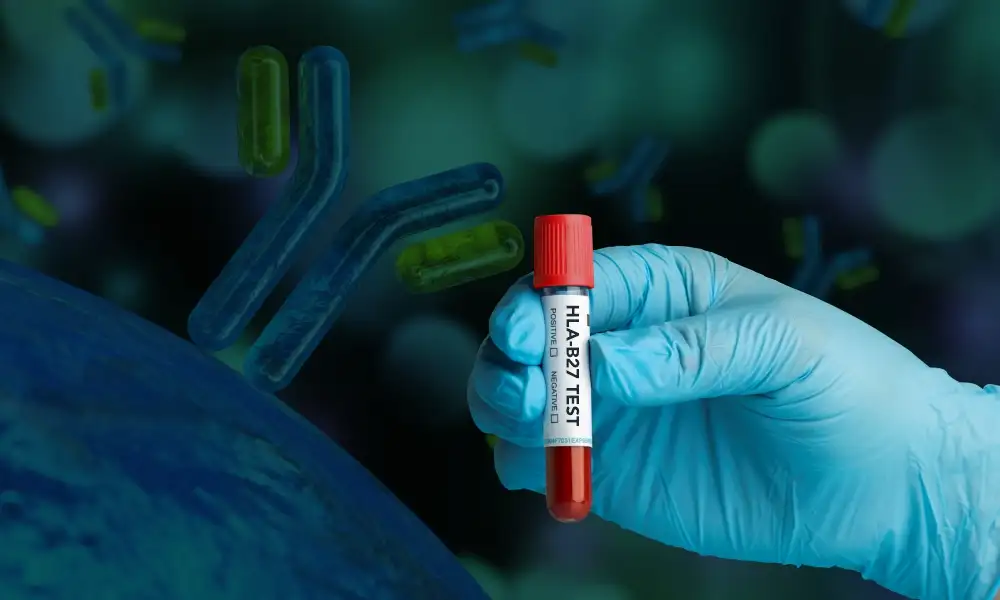H1 : Hypothyroidism vs Hyperthyroidism: What's The Difference?
- March 17,2021
- 5 Min Read

If you have been diagnosed with hypothyroidism, it simply means that your thyroid gland is underactive, for any number of reasons. In contrast to that, hyperthyroidism implies that you have an overactive thyroid.
But what does this mean for you?
HYPOTHYROIDISM
In hypothyroidism, your underactive thyroid gland cannot make enough hormones to function properly. It is through the thyroid hormones, thyroxine (T4) & triiodothyroinine (T3), that the thyroid gland controls every aspect of your metabolism. Decreased amounts of thyroxine in your body lead to slowing of metabolism.
Hypothyroidism can be treated by replacement therapy which improves your thyroid function by restoring hormone levels.
The most common cause for hypothyroidism is a condition known as Hashimoto’s thyroiditis – it is an autoimmune condition (a disease where the body is attacked by its own immune system). Hashimoto’s thyroiditis has been known to run in families.
HYPERTHYROIDISM
Here, the gland makes excessive amounts of the T3 and T4 hormones. This usually occurs due to one of 3 major ways:
- Thyroiditis – an often-painful (but not always) condition caused by inflammation of the thyroid gland
- Thyroid nodules – These are solid or fluid filled lumps which form within your thyroid gland. Thyroid nodules can cause either hypo- or hyperthyroidism.
- Graves’ disease – This is an autoimmune condition like Hashimoto’s thyroiditis, but one which has the opposite effect. Like Hashimoto’s thyroiditis, Graves’ disease can run in families.
Depending on the cause, medications, radioactive iodine or surgery can be the treatment options in hyperthyroidism.
HYPOTHYROIDISM VS HYPERTHYROIDISM
Symptoms of hypothyroidism may include:
- Fatigue
- Increased sensitivity to cold
- Constipation
- Dry skin
- Weight gain
- Puffy face
- Hoarseness
- Muscle weakness
- Elevated blood cholesterol level
- Muscle aches, tenderness and stiffness
- Pain, stiffness or swelling in your joints
- Heavier than normal or irregular menstrual periods
- Thinning hair
- Slowed heart rate
- Depression
- Impaired memory
- Enlarged thyroid gland (goitre)
Hyperthyroidism usually presents with many symptoms diametrically opposite to those of hypothyroidism.
These may include
- Unintentional weight loss, even when your appetite and food intake stay the same or increase
- Rapid heartbeat
- Irregular heartbeat
- Pounding of your heart
- Increased appetite
- Nervousness, anxiety and irritability
- Tremor — usually a fine trembling in your hands and fingers
- Sweating
- Changes in menstrual patterns
- Increased sensitivity to heat
- Changes in bowel patterns, especially more frequent bowel movements
- An enlarged thyroid gland (goitre), which may appear as a swelling at the base of your neck
- Fatigue, muscle weakness
- Difficulty sleeping
- Skin thinning
- Fine, brittle hair
Older adults are more likely to have either no signs or symptoms or subtle ones, such as an increased heart rate, heat intolerance and a tendency to become tired during ordinary activities.
REFERENCES:
Centre for Disease Control (CDC), USA
Mayo Clinic Publications
Want to book a test? Fill up the details & get a callback
Most Viewed
Premarital Health Screening
- 20 Min Read
Typhoid - Signs and Symptoms
- 3 Min Read
Home Isolation Guidelines - Covid-19 Care
- 5 Min Read
HLA B27 Detection: Flow Cytometry & PCR
- 1 Min Read














